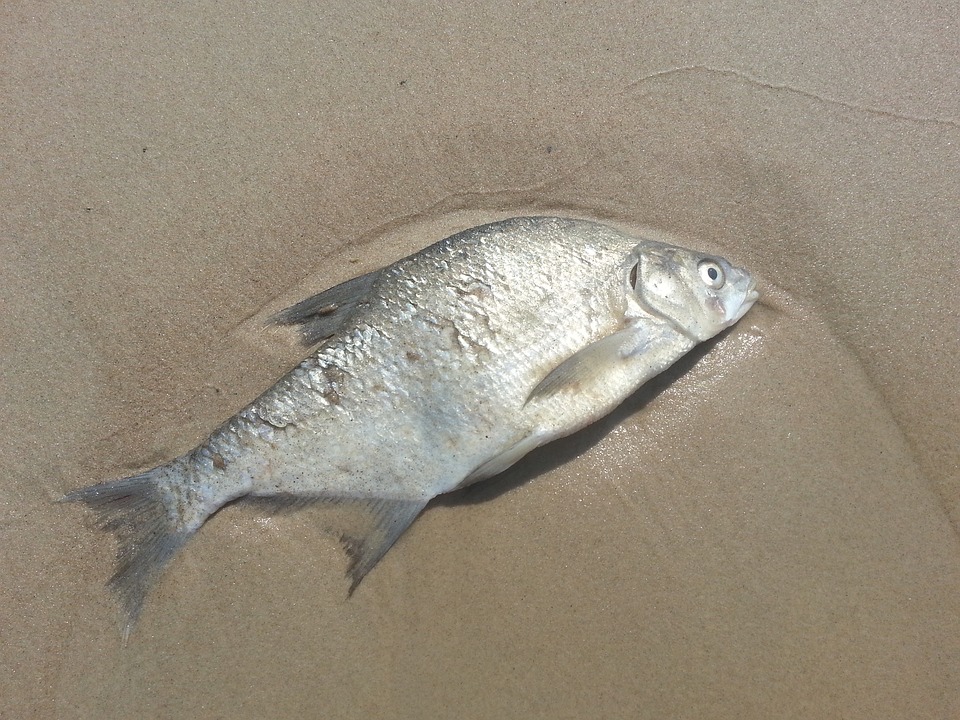The government has the means of taking action against the pollution of the River Sajó, which flows from Slovakia into Hungary, in line with international conventions on the protection of transborder watercourses, a lawmaker of green opposition LMP said on Wednesday. Citing his visit on Tuesday to the affected river section on the Slovak side of the border, László Lóránt Keresztes told a press conference that daily 2.5 tonnes of contaminated water had been flowing into the Sajó from an abandoned mine over the past three months. He said he took samples from the river to present it to the agriculture minister for inspection.
“The government’s statement according to which solely non-toxic iron oxide has entered the water is not true; there is also arsenic present in the river in an amount four hundred times higher than the European limit and zinc in one hundred times higher amount. In addition, the water contains nickel and stibnite,” he said. The river “has become dead” along a section of several tens of kilometres and could see natural revival only in decades, Keresztes, the head of parliament’s sustainable development committee, said. He said that although the hazardous pollutant content in Sajó’s Hungarian section was indeed below the limit due to the diluting effect of waters flowing into the river, the agriculture ministry had not yet given an answer as to whether it would remain at this level during the summer and what measures it would take in case of an opposite scenario. Keresztes noted his talks with the head of Slovak parliament’s environmental protection committee and called for immediate action. He said he also offered Hungary’s help in finding a solution to the “ecological disaster”.
Radical opposition Mi Hazánk (Our Homeland) demanded a probe and that the polluting activities should be stopped immediately. The party’s local officials paid a visit to the polluted river section and “established that the authorities have done nothing to stop the damage to the environment”. They slammed István Nagy, the agriculture minister, who pledged he would contact his Slovak counterpart after the new government took office, and said that Nagy had been the minister when the pollution started.
Mi Hazánk insisted that several international agreements facilitated a simple procedure to resolve such situations and regretted that “several months have passed and we still have no more than a promise for talks”.
hungarymatters.hu
pixabay

















